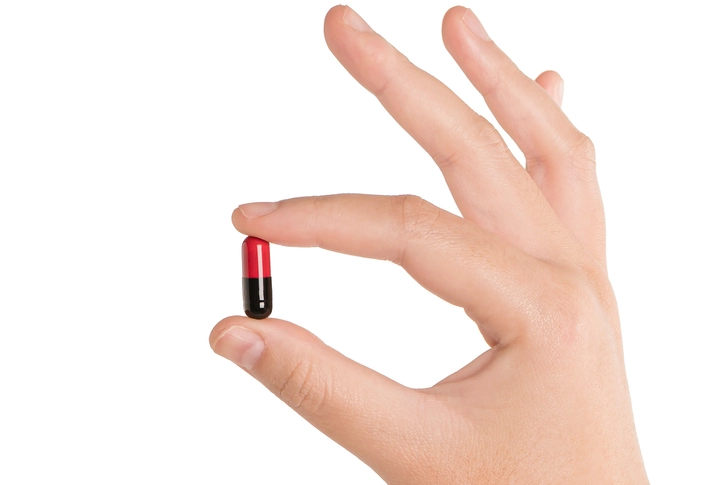- Overview
- Types
- Hormonal Methods
- Barrier Methods
- Behavioral Methods
- Medical Methods
- Male Birth Control
- Emergency Contraception
- Side Effects & Complications
- View Full Guide
Medications That Interfere with Birth Control Pills


Medication Interactions
Some medications don't work well if you take them together. That's true of birth control that contains hormones. If you want it to work right, you need to avoid taking certain medications.

Antibiotics and Birth Control Pills
For the most part, you don't have to worry about these drugs. Rifampin (Rifadin), used to treat tuberculosis, is the only antibiotic proven to interfere with birth control pills. It speeds up the breakdown of hormones in the pills, making them less effective.

Anti-Seizure Drugs
Certain anti-seizure medications also can increase the breakdown of hormones in birth control pills. You should use an additional method of birth control, such as a condom, while taking these drugs.

HIV Medications
HIV drugs can also interfere with birth control pills. These medications can alter hormone levels, so talk to your doctor about other contraceptive methods.

Antifungal Medications
The two main ones to watch out for are grisofulvin (Gris-PEG) and ketoconazole (Extina, Nizoral, Xolegel). Scientists believe the risk of antifungal meds affecting your birth control pills is low, so check with your doctor.

Herbal Remedies
Herbal remedies like St. John's wort, saw palmetto, and garlic pills can make birth control pill less effective. Tell your health care provider about any herbal supplements you're taking.

Backup Birth Control
Use another form of birth control, such as a condom, while taking medications that may interfere with hormonal birth control.
Photo Credits:
1) Krakenimages/Shutterstock
2) Jr images/Shutterstock
3) PATCHARIN SIMALHEK/Shutterstock
4) Maxim Studio/Shutterstock
5) luchschenF/Shutterstock
6) Awardimages/Shutterstock
7) UfaBizPhoto/Shutterstock
SOURCES:
NAM Aidsmap: "Contraception."
Rodriguez M.D., Maria Isabel "What medications mess with birth control?" Bedsider.com
DeRossi, S.S. Dental Clinics of North America, October 2002.
McKinley Health Center, University of Illinois, "Pill Interactions With Other Drugs"
Weisberg, E. Clinical Pharmacokinetics, May 1999.
U.S. National Library of Medicine: "Griseofulvin," "Ketoconazole," "St. John's Wort," "Saw palmetto," "Garlic," "Alfalfa," "Flaxseed."
Doodipala, S. Expert Review of Clinical Pharmacology, March 1, 2010.
Epilepsy Foundation: "Women FAQ."
Robertson P. Clinical Pharmacology and Therapeutics, January 2002.
Narcolepsy UK: "All you need to know about modafinil and the pill."
Stanford Medicine: "Psychiatric Medications, Modafinil"
National Center for Complementary and Integrative Health: "Questions and Answers: A Trial of St. John's Wort (Hypericum perforatum) for the Treatment of Major Depression."
Hall, S.D. Clinical Pharmacology and Therapeutics, December 2003.